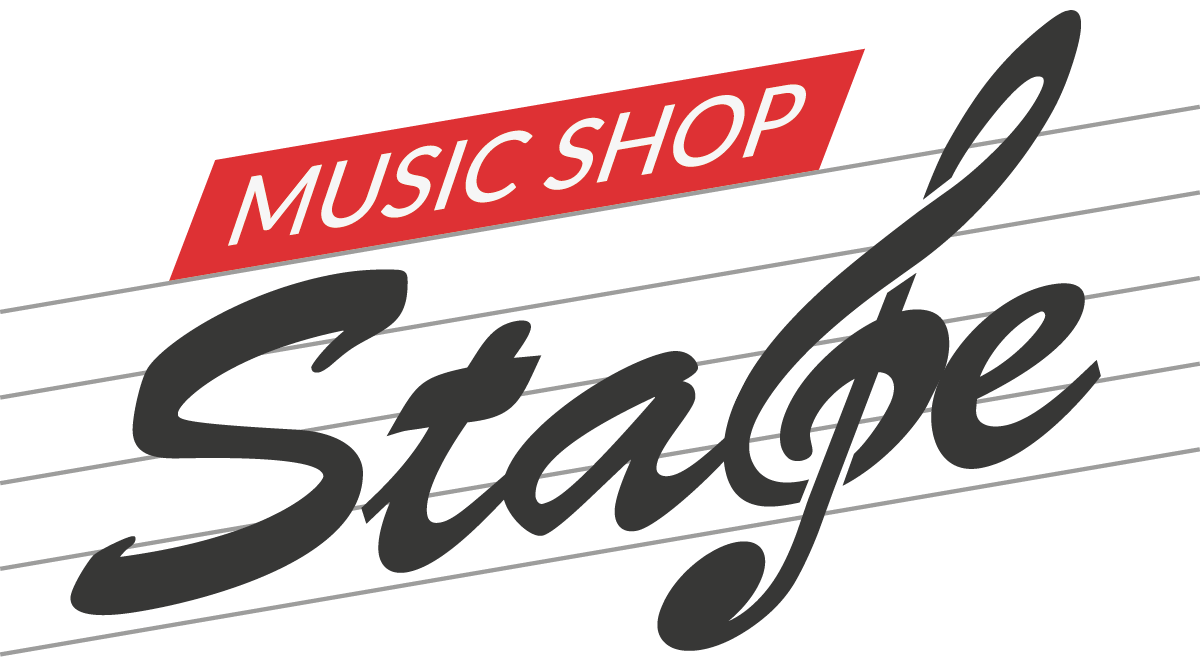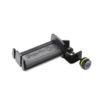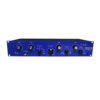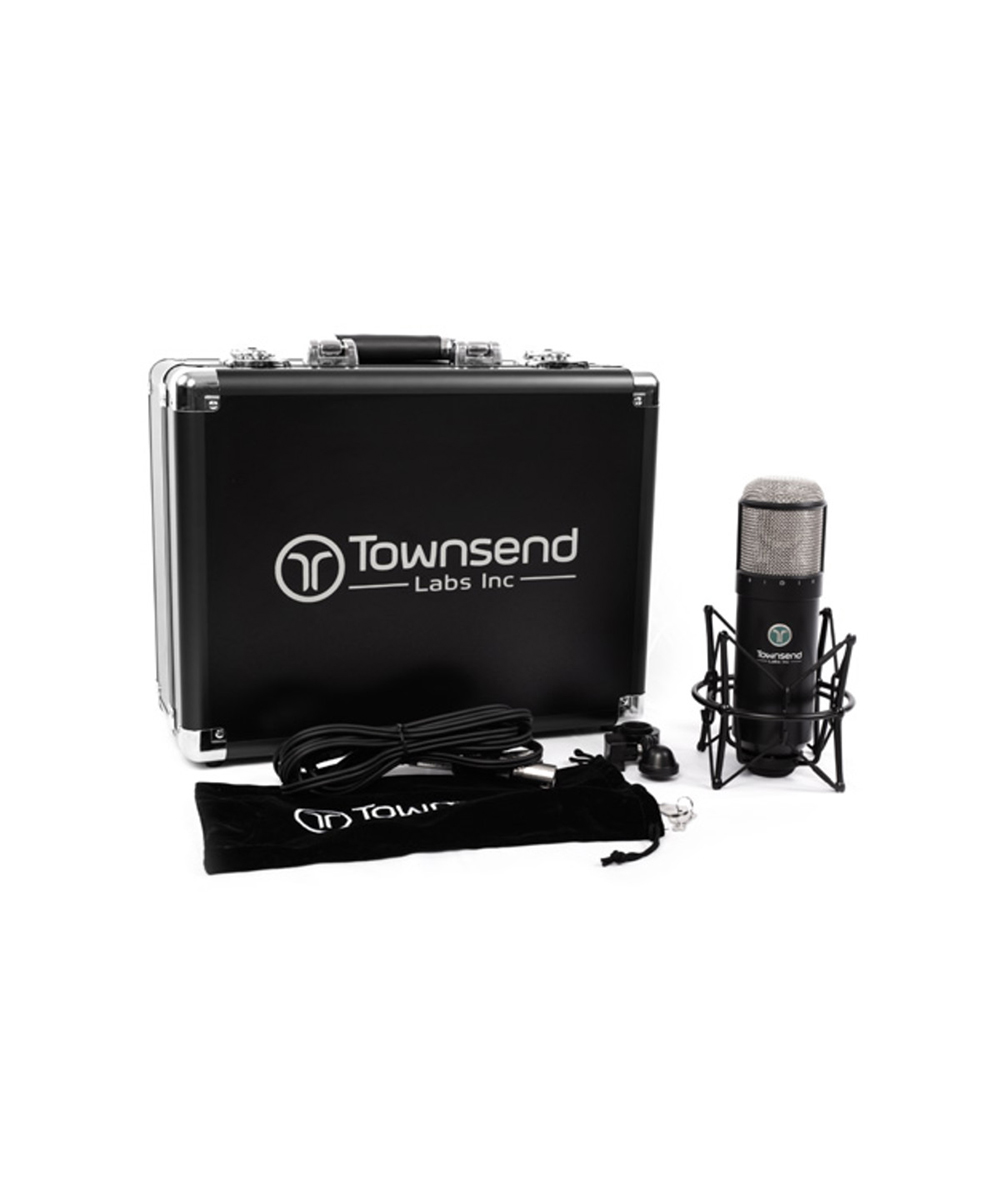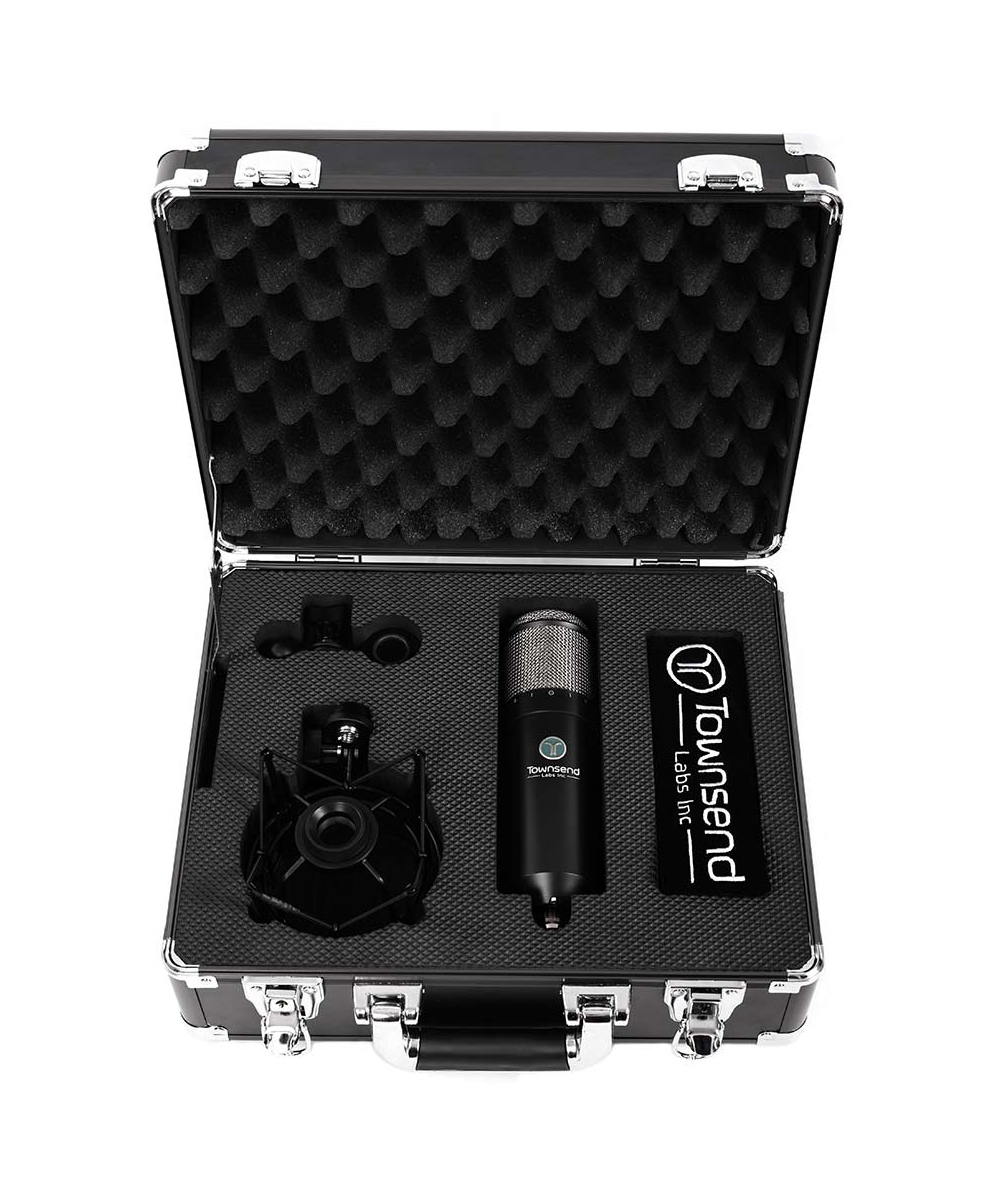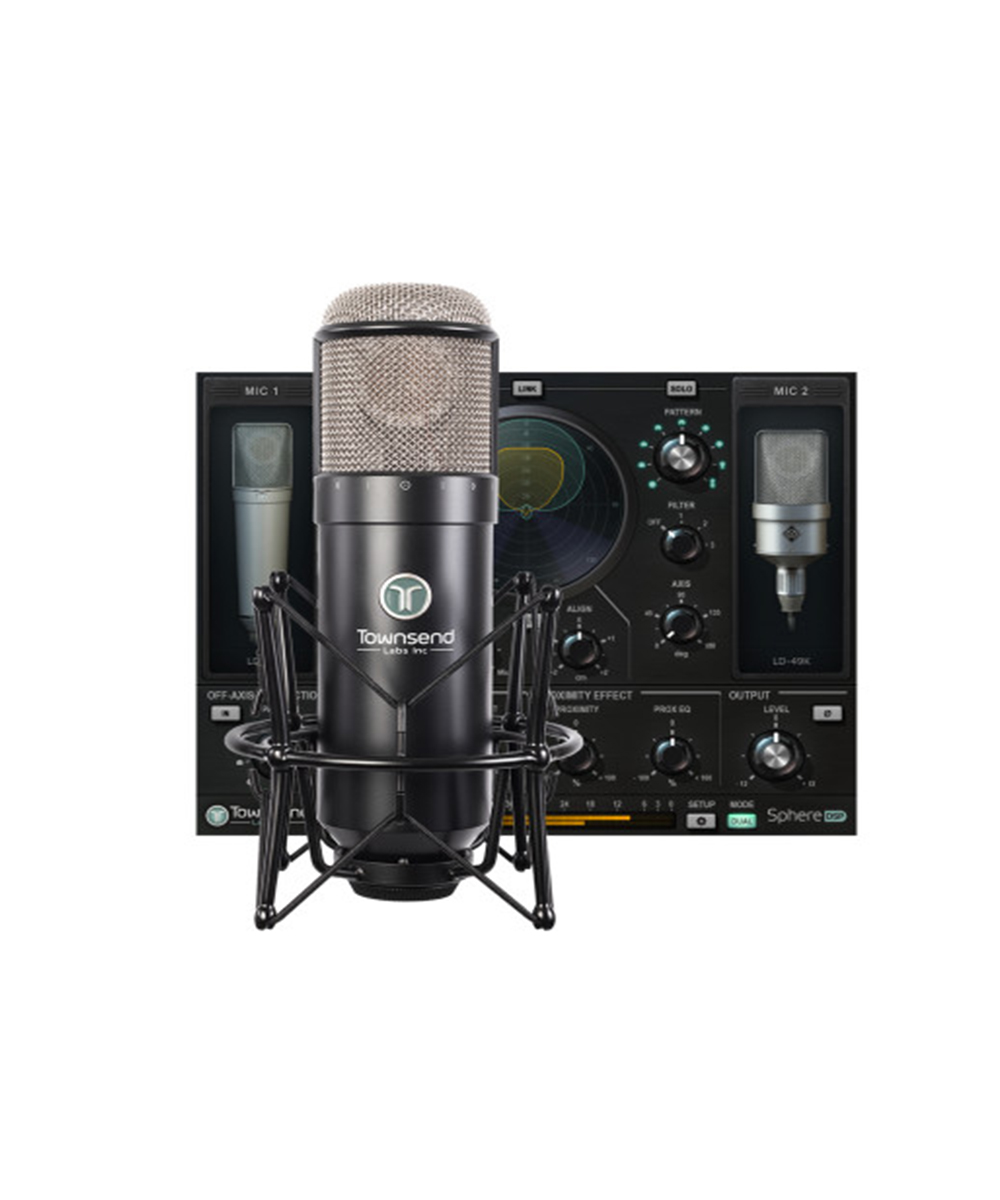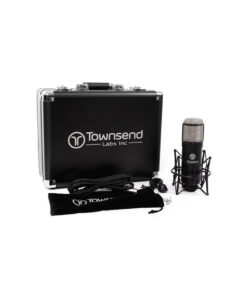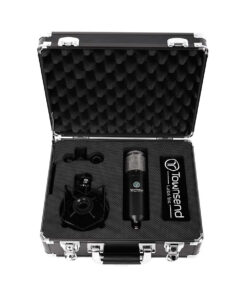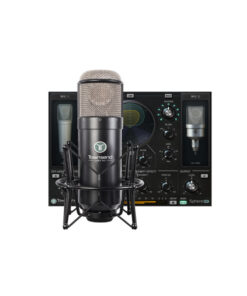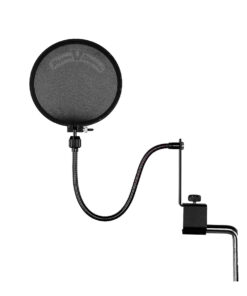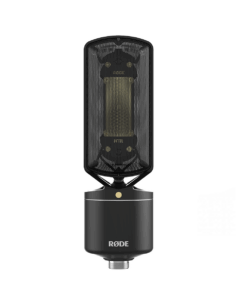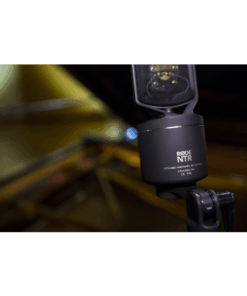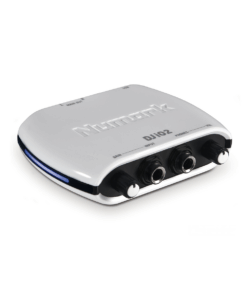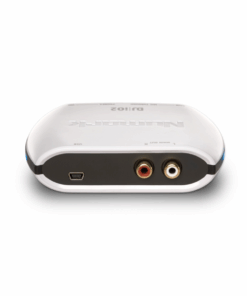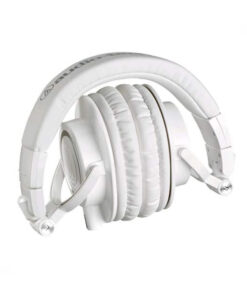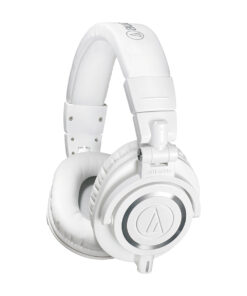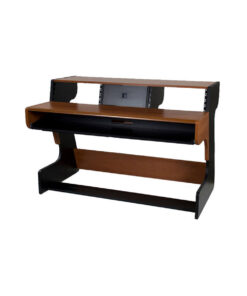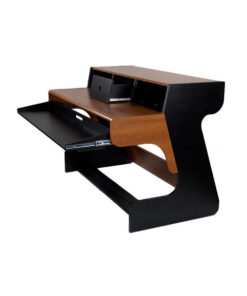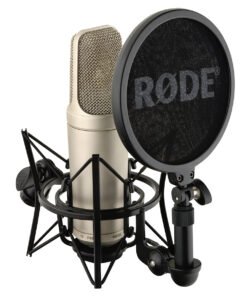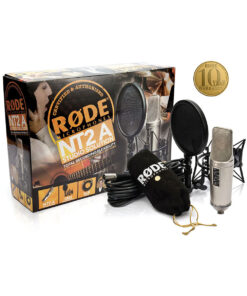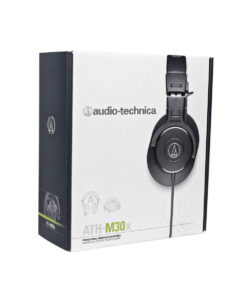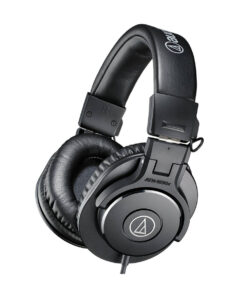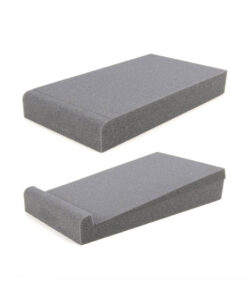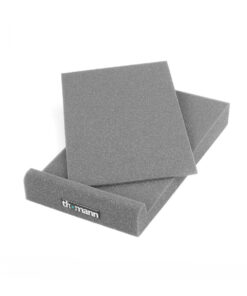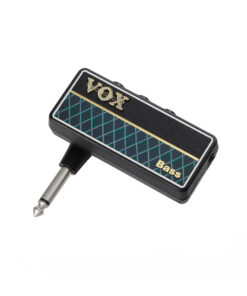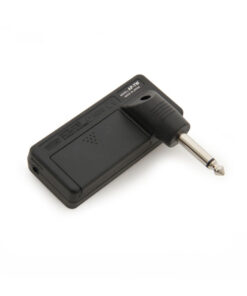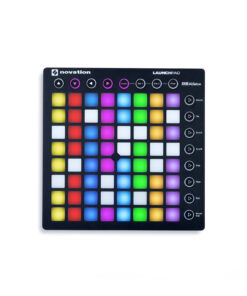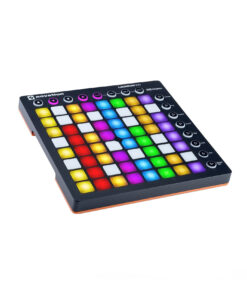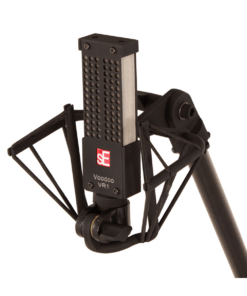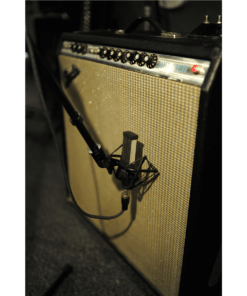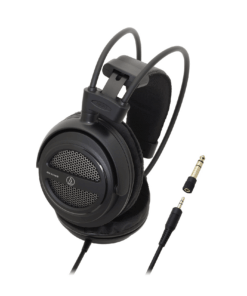The Sphere L22™ microphone system from Townsend Labs models the characteristics of the most sought-after large-diaphragm condenser microphones with amazing accuracy and allows selection of different mics and patterns even after tracking.
The Sphere™ system consists of a high precision dual channel microphone, which when paired with the included Sphere plug-in (UAD, VST, AU, AAX Native) accurately models the response of a wide range of mics, including transient response, harmonics, proximity effect and three-dimensional polar response.
Now You Can:
- Record with the sound of microphones many have only dreamt about
- Change mic type, polar pattern, and other microphone characteristics, even after tracking!
- Audition the sound of different microphones without tiring the vocalist
- Reduce bleed, undesirable room coloration, and other common issues using Off-Axis Correction™
- Record in stereo from a single microphone
Breakthrough Microphone Modeling Technology
Sphere’s three-dimensional approach captures the spatial nuances, proximity effect and off-axis frequency response of a wide range of microphones, which until now was not possible with any other product.
Dream Collection
Access some of the most prized microphones of all time,
including a 47 (with VF14 tube), a 67, an M49, and a C12.

(NOTE: hi-res files can be downloaded directly from Soundcloud)
Sphere L22 Microphone
The Sphere system employs the high-resolution, dual-channel L22 large-diaphragm condenser microphone, custom designed to capture the three-dimensional soundfield with exacting detail. Manufactured to extremely tight tolerances, the L22 ensures that modeling is consistent and accurate.

Realtime UAD Processing
With Universal Audio Apollo, achieve extremely low latency (approx. 1.6ms round trip at 96kHz) for guaranteed real-time performance. Also supports native AAX, VST and AU.

Polar Pattern Modeling
Because Sphere captures the three-dimensional response of target microphones, it precisely emulates the polar patterns and other off-axis characteristics of vintage microphones which are essential to their unique sound.

Listen to the LD-67 model with omni, cardioid, and figure-8 patterns:
The next clip is with the L22 microphone facing directly away from the guitar cabinet, while the pattern is adjusted from omni to figure-8.
Re-Mic Sphere Tracks
Select mic type, polar pattern and other settings both before and after tracking.
Adjustable Proximity Effect
No need to move a microphone solely because of too little or too much bass due to proximity effect. Great for punching in a vocal where distance from the mic varies from take to take.
Dual Mic Models
Dual Mode in the Sphere plug-in makes possible phase-coherent mixing of multiple virtual mic models from the same physical microphone, before or after tracking. It’s also possible to adjust the relative phase alignment of the two mics with the Align control.

Record In Stereo (With One Mic)
With just one Sphere L22 mic it’s possible to make coincident stereo recordings, and even have different mic models on the left and right channels, using the Sphere 180 plug-in.

This acoustic guitar track was recorded with one Sphere microphone and processed only using the Sphere 180 plug-in first with the LD-47 and then with the LD-12 mic model.
Axis Shift
Virtually rotate the axis of the mic to give a more off-axis sound before or after tracking.
Off-Axis Correction™
Create more accurate polar patterns to reduce bleed, room coloration, and susceptibility of feedback before or after tracking. For more information see the Off-Axis Correction chapter in the Sphere Hardware and Software User Guide.
Polar Meter
The Sphere plug-in features a visually informative (and very cool) Polar Meter that dynamically displays the direction and level of sound being picked up by the microphone, as well as the currently selected polar pattern.

Low Noise
The microphone hardware has a self-noise level of 7dB-A SPL, well below most vintage microphones and comparable to many of the best modern microphones.

High SPL Handling
The L22 can handle in excess of 140dB SPL before clipping and is remarkably rugged. It won’t be damaged by high SPLs or air blasts as some vintage microphones can be.
Specifications and System Requirements
Sphere L22™ Microphone
- Equivalent Noise Level: 7 dB-A
- Max SPL at 0.5% THD: 140dB (with -20dB pad engaged)
- Pad Attenuation: -10db and -20dB
- Sensitivity: 22 mV/Pa
- Output Connector: 5-pin male XLR
- Breakout Cable: 10’ (3m) 5-pin female XLR to dual 3-pin male XLR
- Weight (mic only): 1.7 lbs. (770 grams)
- Dimensions (mic only): 8.9″ x 2.5″ (225mm x 63mm)
- Output Impedance: 200 Ohms
- Recommended Load Impedance: >1000 Ohms
- Phantom Power
- Voltage: 44 to 52 V per channel
- Current: 5 mA per channel typical, 8 mA at max SPL
Sphere™ Plug-In
- Supported Plug-in Formats:
- UAD
- AAX Native
- VST2
- VST3
- Audio Units (Mac only)
- Supported Operating Systems:
- Native (AAX, VST and AU):
- Mac OSX 10.8.5 and above
- Windows 7 and above
- Apollo Interfaces and UAD-2 hardware (AAX, VST, AU, and RTAS)
- Mac OSX 10.9.5 and above
- Windows 7 and above
- Native (AAX, VST and AU):
- System Requirements:
- 4 GB of RAM
- 200 MB free disk space
- 1024 x 768 display resolution
- Internet connection to download software
- Two microphone preamplifiers with phantom power
- Compatible plug-in host application (DAW) software supporting AAX, VST2, VST3, AU or UAD.
- Current Microphone Models:
- LD-47
- LD-49
- LD-67
- LD-87
- LD-12
- LD-251
- LD-800
- SD-451
- RB-4038
- DN-57
- Sphere Linear
https://www.youtube.com/watch?time_continue=2&v=OehTQ2aoy3Y
